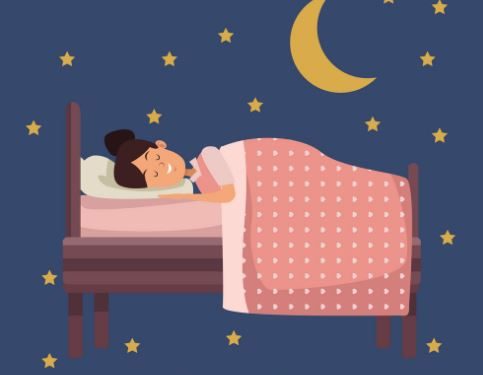Sleep deprivation can harm various aspects of your body and brain, including learning, memory, temperament, emotions and biological functioning. While some people have little trouble falling asleep, many others struggle all night.
Here are five simple ways to fall asleep as fast as possible:
Lower the temperature
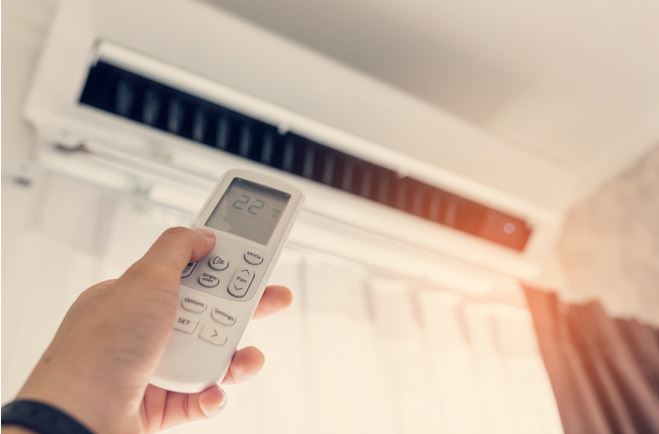
As you sleep, your body temperature varies. When you lie down, your body cools down, and when you get up, it warms up. You can have trouble falling asleep if your room is too hot. It may be beneficial to set your thermostat to a chilly temperature of 15.6–19.4°C. Individual tastes differ, so pick the temperature that suits you best.
Use the 4-7-8 breathing method
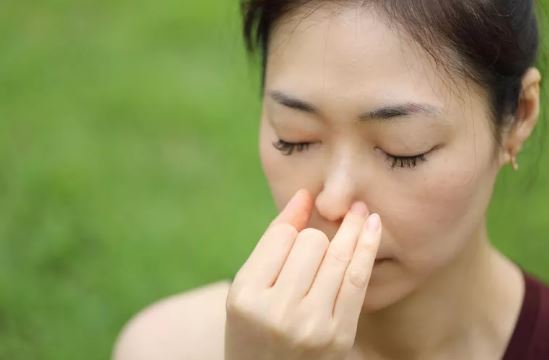
Dr Andrew Weil’s ‘4-7-8’ breathing method is a simple yet effective breathing technique that promotes peace and relaxation. It might also help you relax before going to bed. It comprises of a breathing rhythm that soothes the nervous system and is based on breath control skills gained from yoga.
Get on a schedule

Many people find that sticking to a sleep routine makes it easier to fall asleep. The circadian rhythm is your body’s natural regulation system. This internal clock tells your body that it should be attentive throughout the day and asleep at night. Getting up and going to bed at the same times every day can help your internal clock stay on track.
Exercise during the day

Physical activity is frequently thought to be advantageous for a good night’s sleep. Exercise can improve sleep length and quality by increasing serotonin production in the brain and decreasing cortisol, the stress hormone.
Avoid looking at your clock

People who suffer from sleeplessness are prone to clock-gazing. This behaviour may induce anxiety due to a lack of sleep. Getting up in the middle of the night is common. Inability to go back asleep, on the other hand, might ruin a good night’s sleep. People who wake up in the middle of the night are prone to obsessing over the fact that they are unable to get back asleep.
Turn off all electronics

Late-night use of electronic gadgets is detrimental to sleep. Watching TV, playing video games, talking on the phone, and using social media can all make it difficult to go and stay asleep. This is partly due to the fact that electronic devices emit blue light, which has been linked to melatonin suppression.
Limit caffeine and drink a soothing beverage

Caffeine is commonly used to combat weariness and increase alertness. This stimulant can have a negative impact on the quality and duration of your sleep. Caffeine’s effects vary from person to person, but it’s best to avoid it at least six hours before night.
Read something

Reading could be a good way to unwind before going to bed. It appears that bedtime reading, at least for children, can help them sleep longer.
Avoid naps during the day
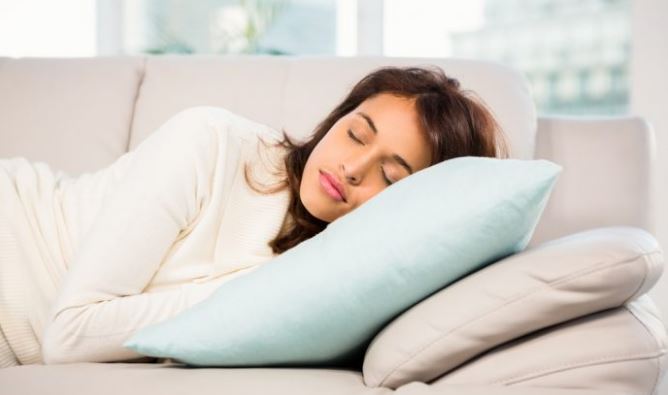
People with insomnia are drowsy throughout the day as a result of their poor nighttime sleep, which typically leads to daytime napping. While short-duration naps have been related to increased alertness and well-being, perspectives on the impact of napping on night-time sleep are divided.
Listen to relaxing music
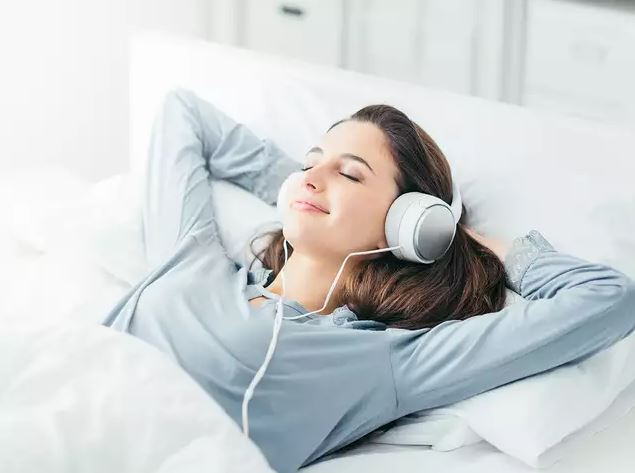
Music has been shown to increase sleep quality considerably. It can even be used to treat insomnia and other persistent sleep disorders. If you don’t have access to peaceful music, filtering out any noise may help you fall asleep sooner and sleep more soundly.

